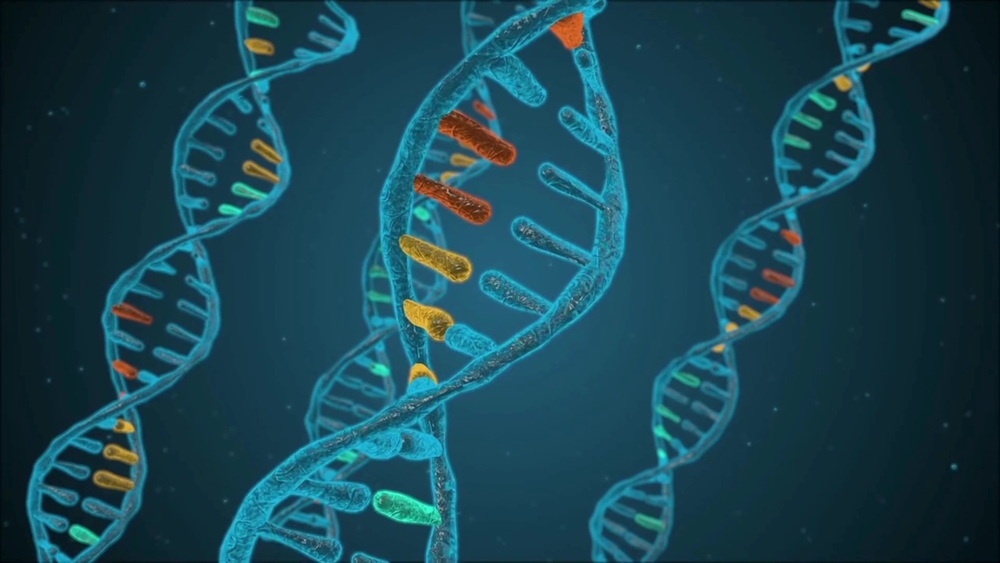Stem cell treatment, in the grand scheme of medicine, is in its infancy. We have only made significant strides in stem cell transplants in the past decade, meaning that the full potential of stem cells are only just being uncovered – and there’s much more to come.
Of course, since it’s so new, it also means that it’s not entirely trusted yet. This is especially true since most stem cell injections aren’t FDA approved, nor are they covered by your insurance.
This means that unless you are getting bone marrow transplants to treat a blood disease (which is FDA approved) then you’ll have to cover the stem cell therapy cost yourself. When you have to cover your medical treatment it’s natural to want to know the ins and outs of the treatment in question, it’s potential side effects, and key details.
Just one of the key details that people ask is whether or not stem cell treatments change their DNA. This makes sense, considering stem cells are so important to our systems. So, does a stem cell treatment change your DNA? Let’s first get into stem cells, and their use:
What is a Stem Cell?
What are stem cells, you might ask yourself, because they aren’t DNA in and of themselves. Instead, they are blueprint cells. In the earliest versions of stem cells, they have the information to become absolutely any cell in the human body. As we develop, however, these cells become more limited.
This means that stem cells from your blood, for example, can only become other blood cells or platelet. Fatty tissue stem cells can only become tendons, bones, or cartilage, but not blood, and so on.
Now, all cells contain your DNA, and if you get a stem cell treatment, including bone marrow transplants, you will inevitably be inserting another’s DNA into your body. Since stem cells then become other cells in your own body as you need them, it’s natural to assume that this will change your DNA.
The Difference Between Autologous and Allogenic Transplants
The answer to whether any changes happen in your DNA, however, depend on the type of transplant you get:
Autologous Transplant
This type of transplant means you get your transplant from your own body. For example, you get stem cells from your own fatty tissue, and then inject them into a damaged knee to help heal from a sports injury. In this case, known as an autologous treatment, there is absolutely no changes in your DNA since you are using your own cells in the treatment.
Allogenic Transplant
Allogenic treatments mean that you inject a donor’s stem cells into your system to help heal. This is how most stem cell treatments operate, since the entire purpose is to boost your body’s source of stem cells to boost healing and rejuvenation in your system.
Here at Bioxcellerator, the allogenic cells we use are from Wharton’s Jelly. This is a type of juvenile cell that doesn’t contain surface proteins that would increase the risk that your body rejects the cells.
If your body rejects the cells, your immune system will attack them, and you’ll be at square one. By using juvenile cells, we can help increase the likelihood that your body accepts these new cells and puts them to work.
Does a Stem Cell Transplant Change Your DNA?
No, your own DNA does not change. That being said, when injected with donor stem cells, the DNA of those new cells is going to be in your body. This means that you will have a small amount of the donor’s DNA in your system, but that DNA cannot impact your existing set of cells, nor will they ever merge into a new strain of DNA.
This is what’s known as microchimerism. While you will contain another’s DNA in your system, microchimerism will not impact your health, nor will it affect any of your DNA in your cells.
Understanding Microchimerism
We do not fully understand the long-term implications of microchimerism. In some studies, having that additional DNA has actually proven to help boost your immune system, for example. More to the point, microchimerism happens after medical treatments all the time. Blood transfusions, and any type of organ donation will result in another’s DNA into your system. So long as the body does not reject these cells, patients recover very well.
Of course, there is, currently, a large lack of long-term studies about microchimerism and its effects on your health. There is more research available today about the impacts and benefits of stem cell therapy, however, which is why many are willing to venture forth into this new world of treatment, especially when they have a lifelong or degenerative condition that has no cure.
Is There Anything Else in Stem Cell Injections?
It’s important to ask what are stem cell injections, exactly. Knowing you are putting cells with a different DNA into your system is one thing, but you do want a clear understanding of what else is in the injection before you consent.
The good news is that any additions on top of the stem cells are there just to boost the stem cells and give them the energy they need to get to work. You can discuss these growth factors with your clinician when you book a location at any of the locations we cover.
What Happens After You Get Your Injection
You’ll need to take it easy and rest up when injected with stem cells. This is because the new stem cells are going to kickstart your healing factor, so you need most of your energy directed toward that task. This means physically resting, eating a healthy diet, and avoiding toxins like alcohol or cigarettes. If the treatment works for you, then you can expect a lessening of your symptoms or, in some cases, like with injuries, a whole new lease on life as the injury finally starts healing in ways it did not initially.


